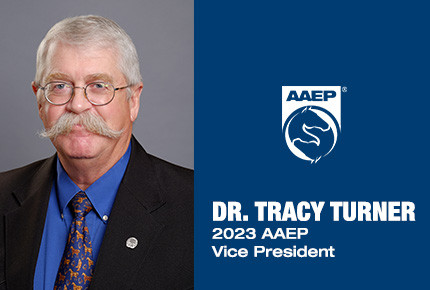A case of Equine Infectious Anemia (EIA) has been found in one horse located in Johnson County, Wyoming. The affected horse has been euthanized and all horses on the associated premises and adjacent premises, within 200 yards, have been quarantined pending further testing.
The disease was found when testing was conducted as required for interstate movement of horses. All quarantined animals have tested negative once for the disease and will undergo a second test in 60 days.
Equine Infectious Anemia is a viral disease of the equine family (horses, donkeys, mules) that is transmitted by biting insects, primarily horse flies and deer flies. Horse owners may know EIA as the disease for which the Coggins test is used.
There is no vaccine, no treatment, and no cure for the disease and affected horses must be euthanized. The disease is required to be reported to the state veterinarian and is regulated by both the Wyoming Livestock Board (WLSB) and USDA-APHIS.
Affected horses may carry the disease asymptomatically for years, or they may become acutely or chronically infected. Signs of the disease include fever, depression, anemia, and dependent edema, sometimes progressing to loss of condition, lethargy, anorexia and, potentially, death. It typically has a long incubation period post exposure.
Disease prevention efforts include insect control, good sanitation, testing of new horses brought to the premises, using only new and clean needles and syringes on each horse, and following state and federal regulations on the disease.
Wyoming State Veterinarian Dr. Jim Logan reminds veterinarians and horse owners that it is required for EIA test charts to be completed with all requested information including pictures and descriptions of horse markings, horse’s name, age, breed, sex, and color, and complete owner and veterinarian information before the testing laboratory can legally test samples.
For more information, visit the USDA-APHIS website at http://www.aphis.usda.gov/vs/ceah/index.htm, or call WLSB staff veterinarians, Dr. Jim Logan, Dr. Thach Winslow or Dr. Bob Meyer, at 307-857-4140 or 307-777-6440.








